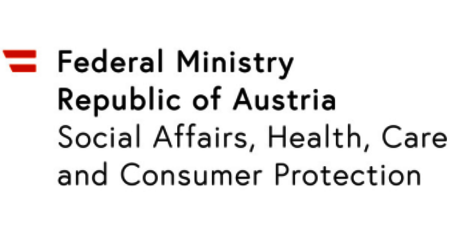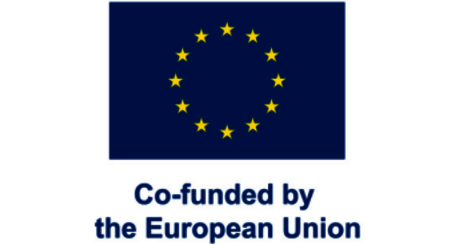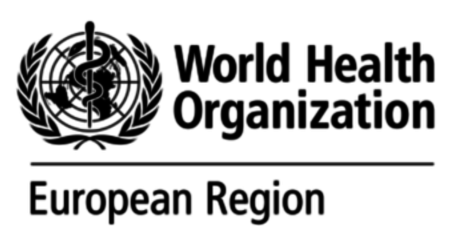Shifting sands of health
Democracy, demographics, digitalisation
Meet some of our
SPEAKERS
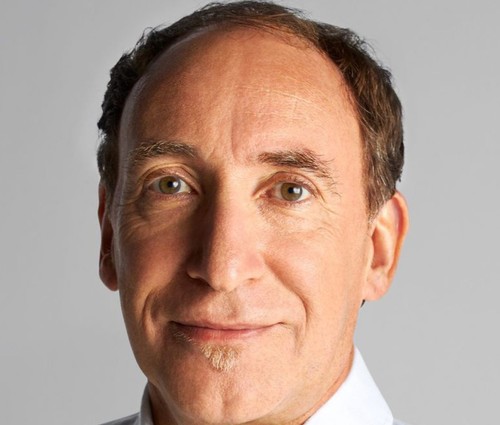
Johannes Rauch
Federal Minister of Social Affairs, Health, Care and Consumer Protection, Austria
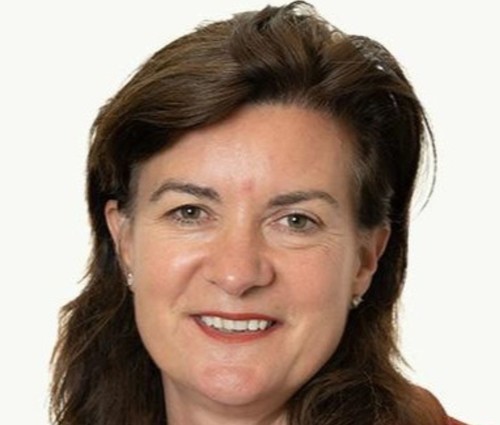
Eluned Morgan
Cabinet Secretary for Health and Social Care, Wales
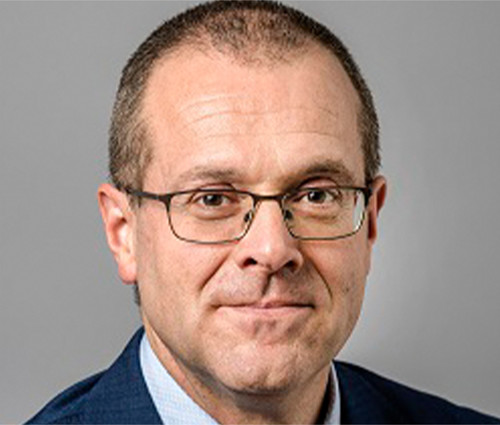
Hans Henri P. Kluge
Regional Director for Europe, World Health Organization

Pamela Rendi-Wagner
Director, European Centre for Disease Prevention and Control

Marco Marsella
Director, Digital, EU4Health and Health systems modernisation, European Commission Directorate-General for Health and Food Safety
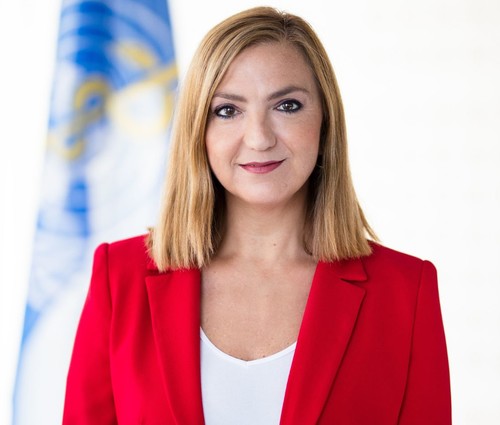
Natasha Azzopardi-Muscat
Director, Division of Country Health Policies and Systems, WHO Regional Office for Europe
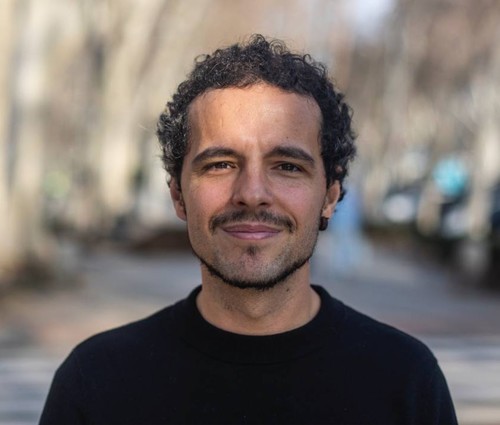
Pedro Gullón
General Director of Public Health and Equity, Ministry of Health, Spain
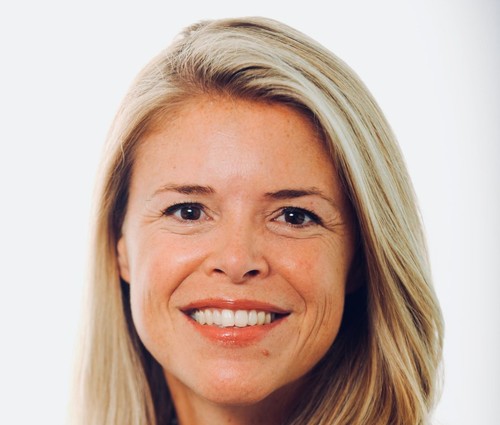
Nathalie Moll
Director General, European Federation of Pharmaceutical Industries and Associations
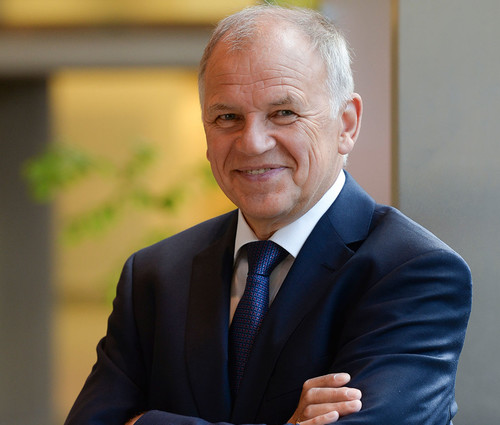
Vytenis Andriukaitis
Member, European Parliament
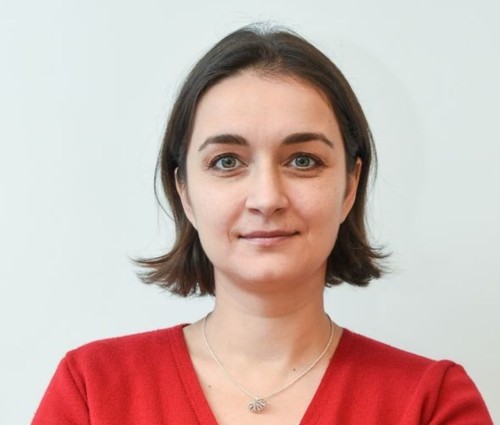
Anca Toma
Executive Director, European Patients' Forum

Steffen Thirstrup
Chief Medical Officer, European Medicines Agency

Nathalie Berger
Director for Support to Member States’ Reforms, European Commission Directorate-General for Structural Reform Support

Olivier Girard
Head of Unit for Medical Counter Measures, European Commission Health Emergency Preparedness and Response Authority
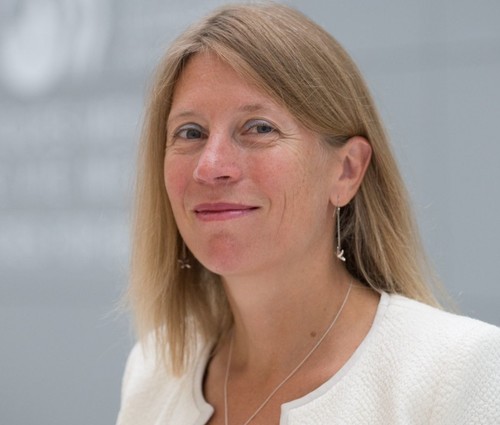
Francesca Colombo
Head of OECD Health Division, Organisation for Economic Co-operation and Development
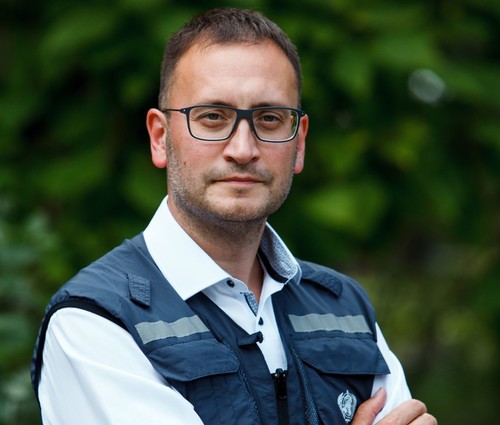
Jarno Habicht
Head of Country Office, Ukraine, WHO
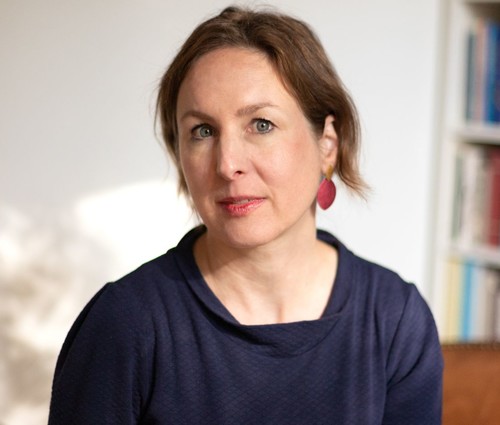
Barbara Prainsack
Professor, Department of Political Science, University of Vienna
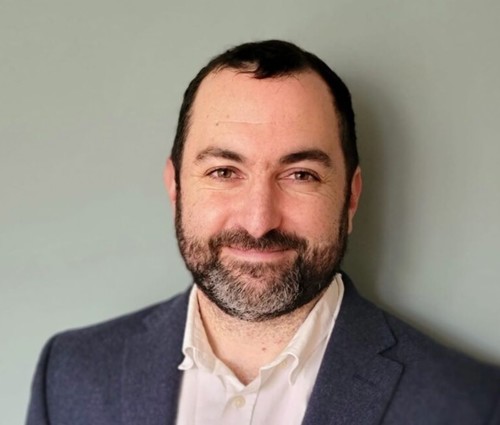
Nason Maani
Lecturer in Inequalities and Global Health Policy, University of Edinburgh
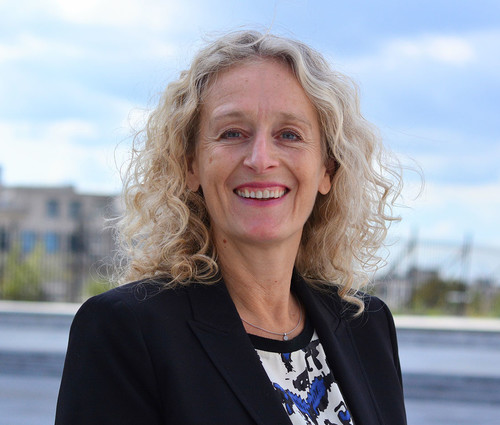
Caroline Costongs
Director, EuroHealthNet
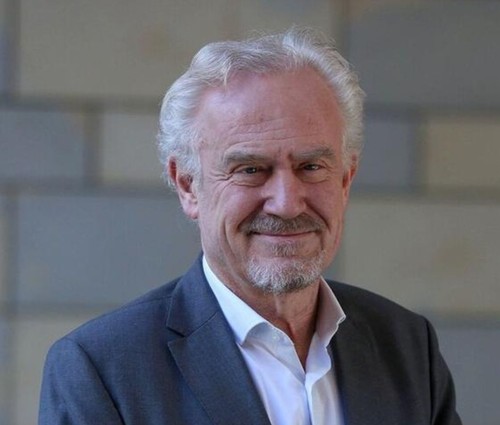
Josep Figueras
Director, European Observatory on Health Systems and Policies
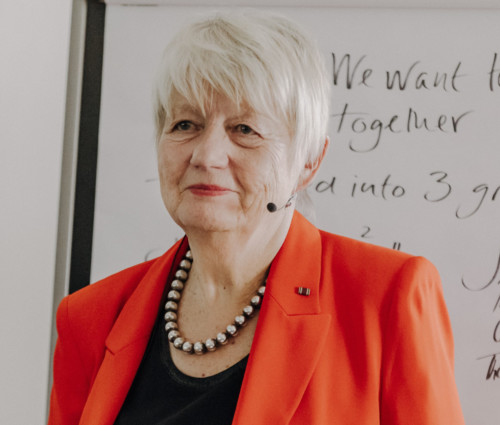
Ilona Kickbusch
Founding Director and Chair of the Global Health Centre, Graduate Institute for International and Development Studies Geneva
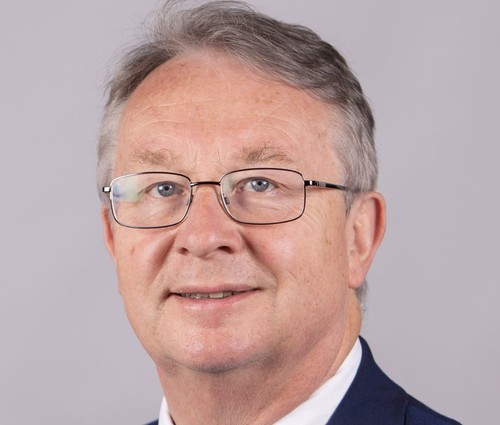
Martin McKee
Professor of European Public Health, London School of Hygiene & Tropical Medicine

Charlotte Marchandise
Executive Director, European Public Health Association

Will Clark
Executive Director, Health Care Without Harm Europe

Carina Ferreira-Borges
Regional Adviser for Alcohol, Illicit Drugs and Prison Health, WHO Regional Office for Europe
Programme Details
- Tuesday | 24.09.2024Tue
- Wednesday | 25.09.2024Wed
- Thursday | 26.09.2024Thu
- Friday | 27.09.2024Fri
5:30
6:00
6:30
7:00
7:30
8:00
8:30
9:00
09:30
10:00
10:30
11:00
11:30
12:00
12:30
13:00
13:30
14:00
14:30
15:00
15:30
16:00
16:30
17:00
17:30
18:00
18:30
19:00
19:30
20:00
20:30
21:00
21:30
22:00
22:30
23:00
23:30
00:00
5:30
6:00
6:30
7:00
7:30
8:00
8:30
9:00
09:30
10:00
10:30
11:00
11:30
12:00
12:30
13:00
13:30
14:00
14:30
15:00
15:30
16:00
16:30
17:00
17:30
18:00
18:30
19:00
19:30
20:00
20:30
21:00
21:30
22:00
22:30
23:00
23:30
00:00
5:30
6:00
6:30
7:00
7:30
8:00
8:30
9:00
09:30
10:00
10:30
11:00
11:30
12:00
12:30
13:00
13:30
14:00
14:30
15:00
15:30
16:00
16:30
17:00
17:30
18:00
18:30
19:00
19:30
20:00
20:30
21:00
21:30
22:00
22:30
23:00
23:30
00:00
5:30
6:00
6:30
7:00
7:30
8:00
8:30
9:00
09:30
10:00
10:30
11:00
11:30
12:00
12:30
13:00
13:30
14:00
14:30
15:00
15:30
16:00
16:30
17:00
17:30
18:00
18:30
19:00
19:30
20:00
20:30
21:00
21:30
22:00
22:30
23:00
23:30
00:00
- 5:00
- 6:00
- 7:00
- 8:00
- 9:00
- 10:00
- 11:00
- 12:00
- 13:00
- 14:00
- 15:00
- 16:00
- 17:00
- 18:00
- 19:00
- 20:00
- 21:00
- 22:00
- 23:00
- 00:00
- 5:00
- 6:00
- 7:00
- 8:00
- 9:00
- 10:00
- 11:00
- 12:00
- 13:00
- 14:00
- 15:00
- 16:00
- 17:00
- 18:00
- 19:00
- 20:00
- 21:00
- 22:00
- 23:00
- 00:00
- 5:00
- 6:00
- 7:00
- 8:00
- 9:00
- 10:00
- 11:00
- 12:00
- 13:00
- 14:00
- 15:00
- 16:00
- 17:00
- 18:00
- 19:00
- 20:00
- 21:00
- 22:00
- 23:00
- 00:00
- 5:00
- 6:00
- 7:00
- 8:00
- 9:00
- 10:00
- 11:00
- 12:00
- 13:00
- 14:00
- 15:00
- 16:00
- 17:00
- 18:00
- 19:00
- 20:00
- 21:00
- 22:00
- 23:00
- 00:00
- Democracy
- Demographics
- Digitalisation
- Plenary
Topic Tracks
Democracy
As Europe tackles rising populist and autocratic political movements, the need for transparent and participatory policymaking has now become critical. Are fresh and creative approaches to democracy needed to ensure an equitable Europe and to protect fundamental health rights? Sessions in this track will explore how cooperation and social values can continue to shape Europe’s health policies for a resilient and sustainable future for all its citizens.
Demographics
How can we balance the changing expectations and needs of all generations, the disillusioned, and marginalised? How can we better prepare for unexpected population shifts resulting from migration and external shocks? Our sessions shall present solutions to the healthcare workforce shortage and discuss how Europe’s health systems can be future proofed with sufficient resources to care for an ageing and ever-changing population.
Digitalisation
Rapid digital developments promise to solve many of Europe’s health challenges, offering effective diagnosis and treatment. As we enter this new territory, does history provide us with a cautionary tale of our faith in innovative technology? In this track, we will examine the ethical concerns of governance, inequity and privacy, in addition to how appropriate technologies can be best adopted and shared across health systems.
Main Theme
The health landscape in Europe is ever-changing, driven by numerous factors, trends, and forces. Inter-linked transformations, most prominently the demographic shift and the rapid developments in the world of digitalisation, have wide-ranging implications for the health of our societies and healthcare systems. Furthermore, the erosion of self-governing democracies by populist and autocratic political movements remains underestimated in health policy debates: democracy isn´t so much dying in the darkness as being extinguished in the cold light of day. The health community faces a stark choice: mobilise in this new landscape or collude with the health consequences.
Join us at the hybrid EHFG 2024 from 24 - 27 September to help find solutions for the complex “3D” interplay of democracy, demographics, and digitalisation. Let´s be optimistic and not bury our heads in the shifting sands!
